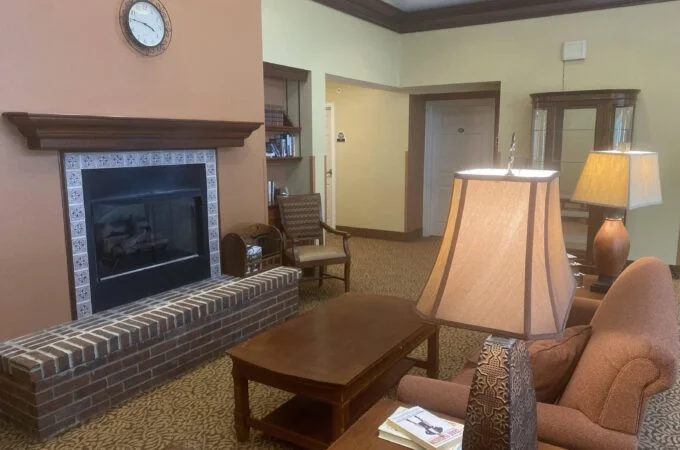Independent living is simply any residential housing arrangement designed solely for senior adults, usually those aged 65 and above. Senior independent living differs greatly from institutional care in that it is specifically designed for senior citizens who are free to pursue their independent lifestyle. Independent living also differs in that it is not provided by any facility for seniors such as a nursing home. In fact, independent living is often much more affordable than such facilities for seniors, as there is no need to consider moving if you move.
In the independent living facility, the senior resident has total control over his or her daily activities. This includes deciding how to budget meals, which courses to take, what to read, and how much to spend on each activity. In most cases, independent living facilities are home-like in nature, including common areas, pools, and laundry facilities. In addition, independent living requires the senior to be self-sufficient in order to meet his or her daily requirements. This may include shopping for food, doing household chores, using the telephone, and making other necessary decisions.

Unlike in a traditional retirement community, living independently allows you the freedom to pursue your own interests without having to rely on others for company or assistance. With independent living, you are able to learn new hobbies, attend classes, and pursue activities that interest you. Independent living gives you the opportunity to live alone and to enjoy all that retirement homes provide; however, there are several notable differences between retirement communities and independent living facilities.
The first major difference between independent living and traditional retirement living lies in the way that you must learn to live alone. You will be responsible for all of your own expenses while you are living in independent living. Unlike in a retirement community where you will be assigned a room and shared with other retirees, you will have to take care of all of your own bills and financial obligations. While it can sometimes seem like a burden, being responsible for your own bills can actually make living alone much easier.
Another difference between independent and assisted living is the amount of money that you are responsible for paying each month. In independent living, all of your bills are paid by you; you do not have to pay for meals, shelter, or transportation. As well, while in independent living, you usually do not have to pay any monthly fee for an assisted facility. In these facilities, the monthly fee is determined by a percentage of your income.
Perhaps one of the biggest differences between independent living and assisted living centers is the level of independence that you experience. With independent living, you are your own primary caregiver and are responsible for all of your own needs. With an assisted living facility, you are typically an additional paid employee of the facility who helps to cover the cost of their meals, shelter, medications, and other services. This type of environment can mean a great deal of emotional detachment for the independent living recipient.
Although there are many benefits to both independent living and assisted living, the choice typically comes down to the individual. When deciding whether you want to live independently or remain in an assisted living facility, you need to weigh the advantages and disadvantages of your lifestyle. You may find that working longer hours and maintaining your independence is what best suits your personality and personal style.
Regardless of which option you choose, independent living means being able to lead a relatively normal life and to fully adapt to your surroundings. Most people with disabilities have a difficult time functioning independently and some find it almost impossible to do so. However, with the right independent living facility, you can gain the skills you need to live a full and productive life. Just remember that you must do your part as well. Even if you have a disability that limits your ability to do much, you must do all you can to improve your condition and your community life.
